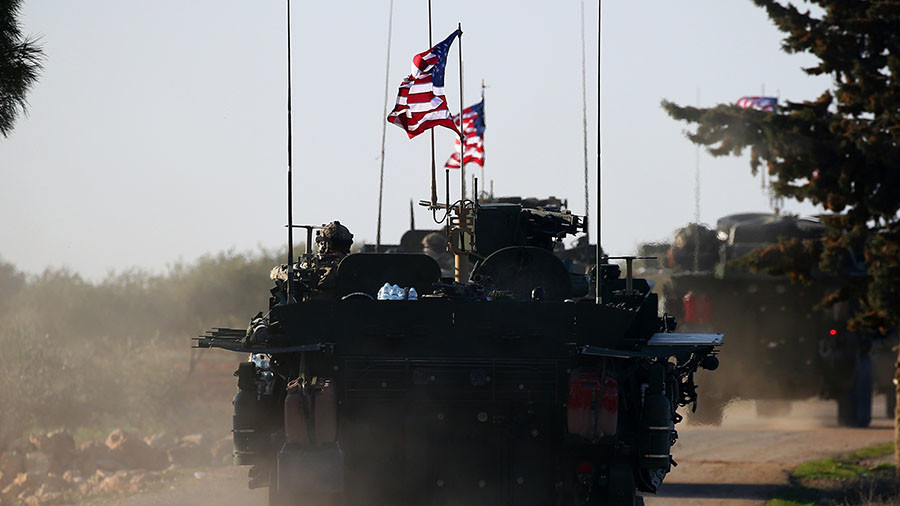The new Diaspora Minister Mkhitar Hayrapetyan, appointed by Prime Minister Nikol Pashinyan on May 11, announced that a second legislative body would be created in Armenia to represent Diaspora Armenians.
This is a fascinating concept, but not a novelty. Interestingly, former Diaspora Minister Hranush Hakobyan, during her visit to Los Angeles on January 30, 2011, made a similar announcement, proposing the creation of a Senate in Armenia in addition to the existing Parliament that would partially include Diaspora Armenians.
I wrote an editorial in 2011, a few days after Minister Hakobyan’s announcement, and raised several questions which also apply to the proposal made by the new Diaspora Minister earlier this month.
The most important issue is that the creation of a second legislative chamber requires amending Armenian’s constitution — not an easy task! Without such an amendment, the structure of the Armenian government cannot be altered. Interestingly, the new Diaspora Minister did not mention that his proposal would require constitutional changes. This is a serious issue as the constitution was last revised in 2015 and it is neither likely nor desirable that it be altered so soon. Even the newly-appointed Prime Minister acknowledged that it is not a good idea to tamper with the constitution every so often. It is also important to note that despite the former Diaspora Minister’s 2011 announcement, when Armenia’s constitution was eventually amended in 2015, the concept of a second legislative chamber for the Diaspora was not included in it.
Since the new Diaspora Minister asked for input from Armenians overseas about his new proposal, I would like to raise a number of questions:
1) Is the Armenian Government willing to amend the constitution to create a second legislative chamber? An alternative option, that may not require a change of the constitution, would be to include Armenians from the Diaspora in the present Parliament. Several countries have adopted such a mechanism. A thorough study should be made of how other countries have resolved the participation of their diaspora representatives in their legislative bodies.
2) What exactly would be the mandate of the new chamber? Would it only discuss pan-Armenian issues such as the Armenian Genocide, demands from Turkey, the Artsakh conflict, and matters related to Diaspora Armenians or would it be also deal with Armenia’s internal problems? Minister Hayrapetyan, in one of his interviews, stated that the new chamber would be a consultative, not a decision-making body. This would raise all sorts of questions both in Armenia and the Diaspora. Would Diaspora Armenians be content to go to the trouble of electing representatives from their communities and spending their time in endless hours of meetings in Yerevan merely to give advice to the Armenian Government that may not be listened to? Would Diaspora representatives after a while lose their interest and stop attending the meetings of such a consultative body? On the opposite side, would residents of Armenia welcome decisions or even advice from Armenians who do not live in Armenia?
3) How would the representatives of the new legislative body be chosen? Would they be elected by their communities around the world or would they be appointed by the Armenian Government? In my opinion, Diaspora representatives should be elected by their community members, no matter how difficult it would be to organize such elections throughout the world. The Armenian Government should not be involved in elections to be held in the Diaspora. Representatives appointed by the Armenian Government or selected from Armenian organizations would not be able to claim that they truly represent the Armenians of the Diaspora, since the public-at-large has not elected them. The leaders of Diaspora organizations represent only their own members, not the majority of Armenians in the Diaspora, since most Armenians are not members of any organization. It is also not a good idea to have two legislative chambers in Armenia, one of which is elected by the citizens of Armenia (the present Parliament) and the second one is composed of appointed, not elected members.
4) What would be the criteria for candidates and voters for the Diaspora chamber? Would it be acceptable that the candidates be Armenians who are citizens of foreign countries or should they be asked to acquire at least dual citizenship? Otherwise, it would be odd to have a group of foreign citizens, albeit Armenians, sitting in Yerevan and making decisions or giving advice that would affect Armenia’s population.
5) Would Diaspora representatives of the new legislative body move to Armenia to participate in year-round sessions or simply come to Armenia for brief periods to attend meetings dealing with pan-Armenian issues?
Certainly, there should be no rush to form a second legislative body. As Minister Hayrapetyan suggested, extensive consultations should be held in Armenia and the Diaspora to find a solution that is in the best interest of all Armenians.



